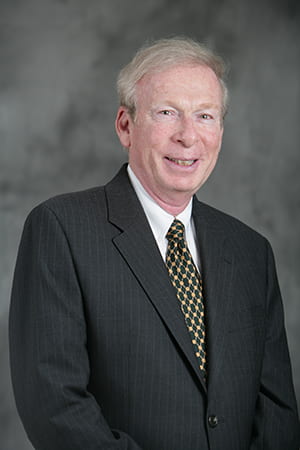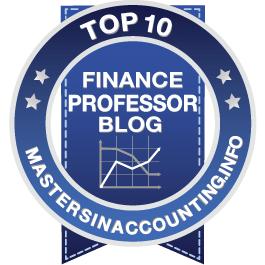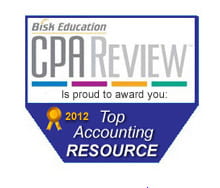In a University of Maryland, Robert H. Smith School of Business article, “Will Pollsters Be Surprised (Again)?”, I discuss prediction markets with respect to the 2016 Presidential Election:
SMITH BRAIN TRUST — Designing a good presidential poll can be tricky. Just ask Gallup, which missed the mark in 2012.David Kass, an economist at the University of Maryland’s Robert H. Smith School of Business, takes a different approach. Rather than worrying about things like sample selection and response bias, he simply follows the money on prediction markets.
Odds and lines: Betting on politics is mostly illegal in the United States, but online investors (maybe “gamblers” is the better term) can trade shares on U.S. candidates in places like Ireland.
Price discovery: “I never bet on any of them,” says Kass, who has followed the markets closely since 2004. “I just want the information.” He says the accuracy of the markets has been astounding. “People are betting to win,” he says. “It’s pure price discovery by the market.”
No political revolution: Recent polls show Bernie Sanders edging ahead of Hillary Clinton in Iowa, where caucus-goers will gather Monday. But PredictWise, a prediction market aggregator, shows that people with money on the line are sticking with Clinton by a 2-to-1 margin.
Terp power: Elsewhere, if you think Smith School MBA Carly Fiorina can win the Republican nomination, one penny gets you $1 on PredictIt, which lets traders buy and sell shares during the election season.
It’s gonna be YUGE: If you think Donald Trump will grab the GOP nomination, you could have made a killing in October, when trading on his $1 shares hovered around 20 cents. On Wednesday, after he announced his withdrawal from tonight’s Fox News debate, his shares climbed 3 points to 50 cents.
Market vindication: “It’s far more accurate than any pollster or pundit that I follow,” Kass says. Regardless, he says conventional polling still has value. “Pollsters are useful like stock market analysts,” he says. “You need information.”



